About this course
The "Introduction to Node.js" course is a vital component of our Full Stack Development program, designed to provide an in-depth understanding of Node.js and its applications in building modern web services. This course covers the essentials of Node.js, including its architecture, setup, and core functionalities, with a focus on practical skills such as building servers with Express.js, handling routes and middleware, and managing files and streams. By mastering these concepts, you'll be prepared to create scalable and efficient server-side applications.

What You'll Learn:
Understanding Node.js and Its Architecture: Gain a comprehensive understanding of Node.js, including its single-threaded event loop model, non-blocking I/O operations, and real-world applications.
Setting Up Node.js and npm: Learn how to install and configure Node.js and npm, manage dependencies, and set up your development environment.
Building Basic Server with Express.js: Discover how to build a basic server using Express.js, handle HTTP requests and responses, and implement middleware for extended functionality.
Handling Routes and Middleware: Explore advanced routing techniques, dynamic routing, and middleware functions to handle security, validation, and more.
File Handling and Streams: Understand file operations using Node.js's File System module and work with streams to efficiently manage and process data.
Who Should Take This Course:
Beginners: Individuals who are new to server-side development and want to learn Node.js from scratch.
Developers: Front-end and back-end developers seeking to enhance their skills in server-side programming with Node.js and Express.js.
Students: B.Tech, BCA, MCA, and other STEM students aiming to build a career in full stack development.
Professionals: IT professionals, software engineers, and tech enthusiasts looking to transition into or improve their proficiency in Node.js development.
Career Opportunities:
Completing this course opens up various career paths, including:
Node.js Developer: Specialize in building server-side applications and services using Node.js.
Full Stack Developer: Develop complete web applications by integrating Node.js with front-end technologies.
Back-End Developer: Focus on creating and maintaining server-side logic, APIs, and databases.
Web Developer: Build and manage websites with a focus on server-side functionality and performance.
Why Study at Mellow Academy:
Industry-Relevant Curriculum: Our course content is tailored to meet current industry standards and practices, ensuring that you gain relevant skills.
Expert Instructors: Learn from seasoned professionals with extensive experience in Node.js and full-stack development.
Hands-On Projects: Engage in practical projects that mirror real-world scenarios, enhancing your learning experience and skill set.
Placement Support: Benefit from our comprehensive placement assistance program that connects you with leading tech companies seeking skilled Node.js developers.
Affordable Education: Access high-quality education at competitive rates, making it easier to invest in your future career.
Enroll in the "Introduction to Node.js" course today to build a solid foundation in server-side development and take your career to the next level. Whether you're looking for the best full-stack development courses in Noida or aiming to become a proficient Node.js developer, Mellow Academy is here to guide you through every step of the way.
FAQ
Comments (0)
Students will gain a deep understanding of Node.js's architecture and its advantages in building high-performance applications.
Detailed examination of Node.js’s single-threaded event loop and its concurrency model
Students will gain a deep understanding of Node.js's architecture and its advantages in building high-performance applications.
Guide on installing Node.js and npm (Node Package Manager) on different operating systems (Windows, macOS, Linux).
Introduction to npm, its role in managing Node.js packages and dependencies.
Students will learn how to build a basic server using Express.js, handle routes and responses, and use middleware to extend server functionality.
Students will learn how to build a basic server using Express.js, handle routes and responses, and use middleware to extend server functionality.
Students will learn how to build a basic server using Express.js, handle routes and responses, and use middleware to extend server functionality.
In-depth exploration of routing concepts in Express.js, including dynamic routing and route parameters.
Implement route handlers and learn how to organize routes using route modules and routers.
Explore advanced use cases for middleware, such as request validation, session management, and file uploads.
Implement middleware for security practices, including CORS (Cross-Origin Resource Sharing) and rate limiting.
Students will gain practical skills in handling files and streams in Node.js, enabling them to manage and process data efficiently in their applications.
Students will gain practical skills in handling files and streams in Node.js, enabling them to manage and process data efficiently in their applications.

.jpeg)


.jpeg)
.jpeg)



